Department Of Pharmacology
-
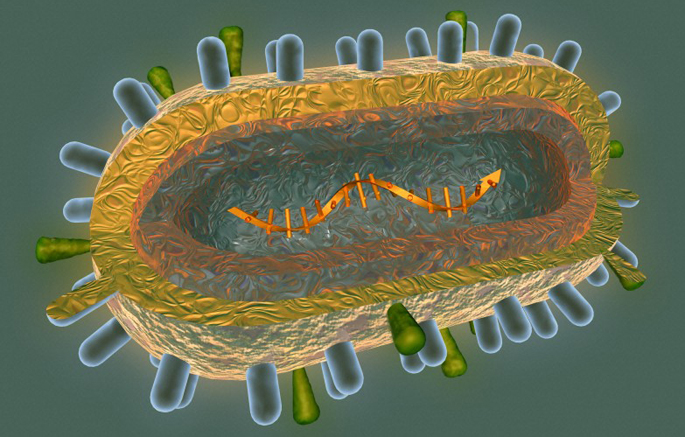
How to trick a wily virus
Vanderbilt investigators have discovered how human antibodies induced during testing of an experimental “bird flu” vaccine kill the virus. Read MoreJul 24, 2015
-

Lit up COX-2 cancer probe
A new imaging probe developed by Vanderbilt investigators enhances tumor visibility and has broad applications in diagnosing and monitoring patients with cancer. Read MoreJun 17, 2015
-
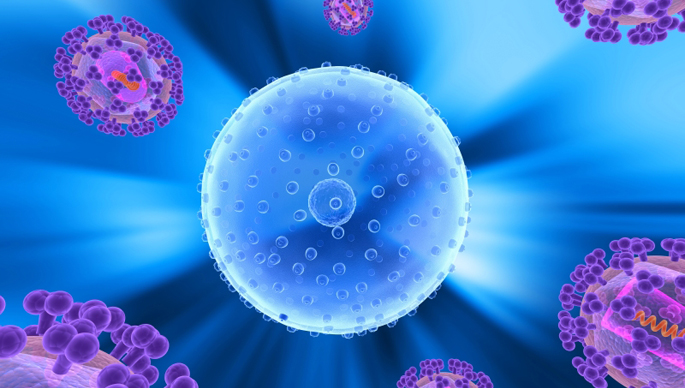
New strategy to combat HIV
Inhibitors of the enzyme phospholipase D1 suppress the replication of HIV-1, Vanderbilt investigators have discovered. Read MoreJun 12, 2015
-
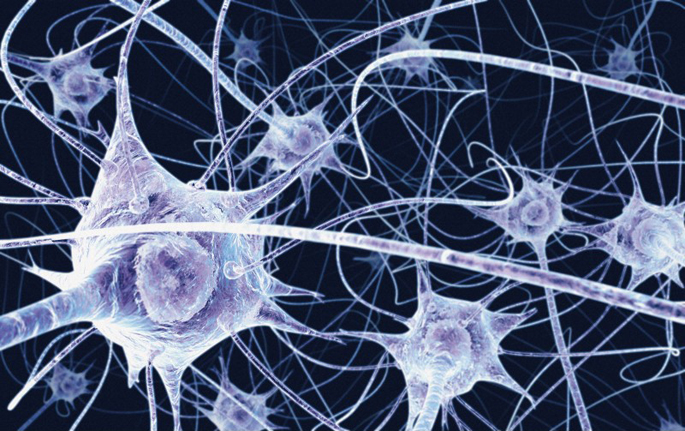
Findings reveal new target in quest to ease schizophrenia
Vanderbilt University researchers have uncovered a surprising finding that could lead to the development of new, more effective therapies for schizophrenia, which affects more than 2 million Americans. Read MoreMay 7, 2015
-

Neurofibromin fine-tunes bone growth
The protein neurofibromin acts as a brake in a signaling pathway that is important in bone development, Vanderbilt researchers have discovered. Read MoreMay 6, 2015
-
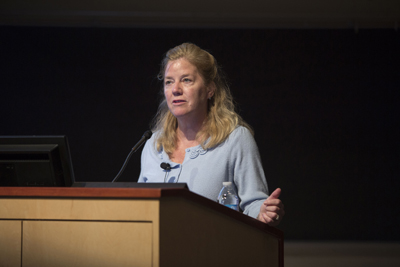
Lecture explores efforts to move pharmacogenetics into the clinic
Preemptive genotyping: It sounds like a surprise attack, and it is. Read MoreApr 23, 2015
-

Cancer signaling pathway blocker
Researchers at Vanderbilt University have discovered a new way to inhibit Hedgehog (Hh) signaling, an important regulatory pathway for vertebrate development – and cancer. Read MoreApr 3, 2015
-

Pharmacogenomics expert set for Wilkinson Lecture
Mary Relling, Pharm.D., chair of the Department of Pharmaceutical Sciences at St. Jude Children’s Research Hospital in Memphis, will deliver this year’s Grant R. Wilkinson Distinguished Lecture in Clinical Pharmacology on Thursday, April 9. Read MoreApr 2, 2015
-
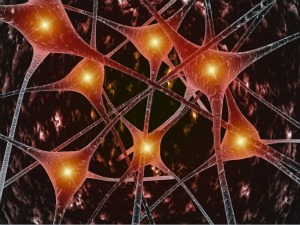
New view of dopamine heteromers
Although heteromeric dopamine receptors composed of both D1 and D2 subunits have been proposed to play a role in depression and schizophrenia, recent studies suggest these heteromers do not exist. Read MoreJan 23, 2015
-

Does fish oil help prevent A-fib?
Growing evidence suggests that fish oil, thought to directly prevent inflammation, oxidative stress and heart disease, may have limited clinical utility. Read MoreJan 9, 2015
-

Atrial disease and hypertension links
New findings suggest that misfolded proteins accumulate in the heart atria, particularly in patients with hypertension, and may contribute to atrial heart disease. Read MoreDec 18, 2014
-

Bacterial secretion machinery: 3-D view
New structural findings reveal how "gatekeeper" proteins participate in the secretion systems bacteria use to infect host cells. Read MoreDec 11, 2014
-
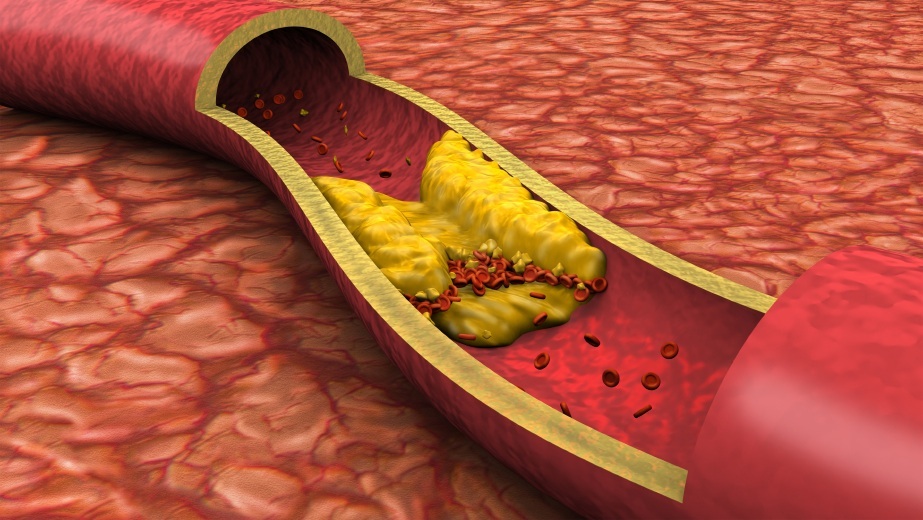
Protein implicated in atherosclerosis
Vanderbilt researchers have discovered a new target for the prevention of atherosclerotic plaque development and cardiovascular disease. Read MoreNov 25, 2014
-
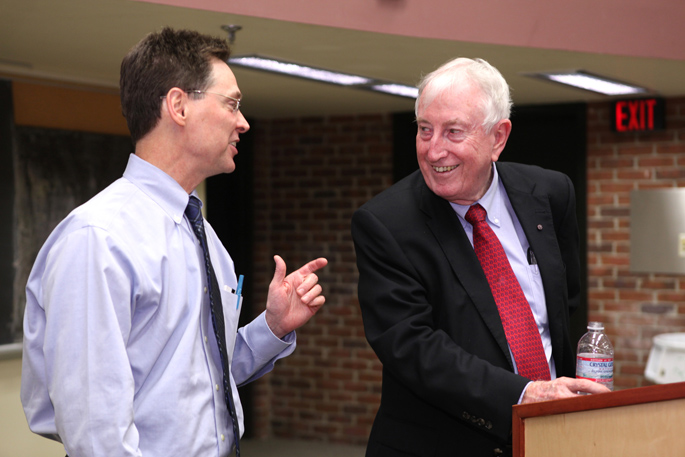
Nobel laureate sheds light on immune response system
Peter Doherty, Ph.D., had some advice for young scientists at last week’s Flexner Discovery Lecture. The way to win a Nobel Prize, he said, “is to make a very big discovery first.” Read MoreOct 9, 2014
-

Seizure mutation impairs receptor
Defects in the production of certain receptors are linked to the pathogenesis of genetic epilepsies and fever-induced seizures. Read MoreSep 30, 2014
-
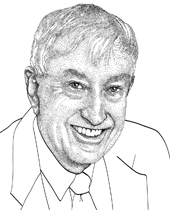
Doherty set for next Discovery Lecture
Nobel laureate Peter Doherty, Ph.D., who discovered how the immune system recognizes virus-infected cells, will deliver the next Flexner Discovery Lecture on Thursday, Oct. 2. Read MoreSep 25, 2014
-

Schizophrenia ‘switches’ discovered
Drugs developed at Vanderbilt could provide a new way to treat schizophrenia in a personalized way. Read MoreSep 12, 2014
-

Bone healing therapy for NF1 fractures
A combination treatment delivered to the site of fractures may improve bone healing in patients with the genetic disease neurofibromatosis type-1. Read MoreSep 11, 2014
-
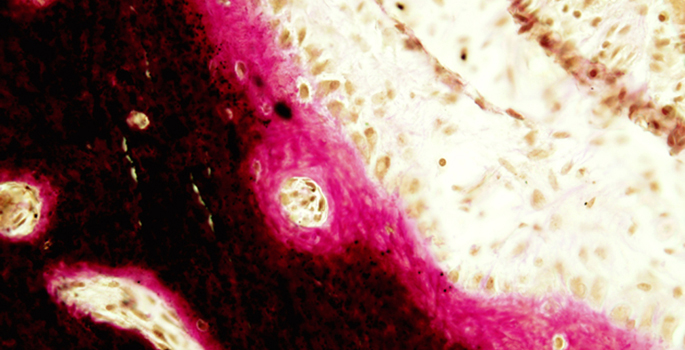
Novel treatment strengthens bones in genetic disease
An enzyme therapy may prevent skeletal abnormalities associated with the genetic disorder neurofibromatosis type-1, Vanderbilt investigators have discovered. Read MoreAug 7, 2014
-
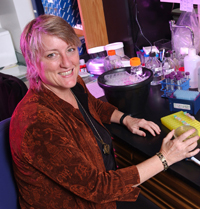
Pharmacology reached new heights on Hamm’s watch
During her 13-year tenure as chair of Vanderbilt University’s Department of Pharmacology, Heidi Hamm, Ph.D., bolstered its international reputation, attracted 18 new faculty members and helped take it in new directions, such as drug discovery. Read MoreJun 12, 2014